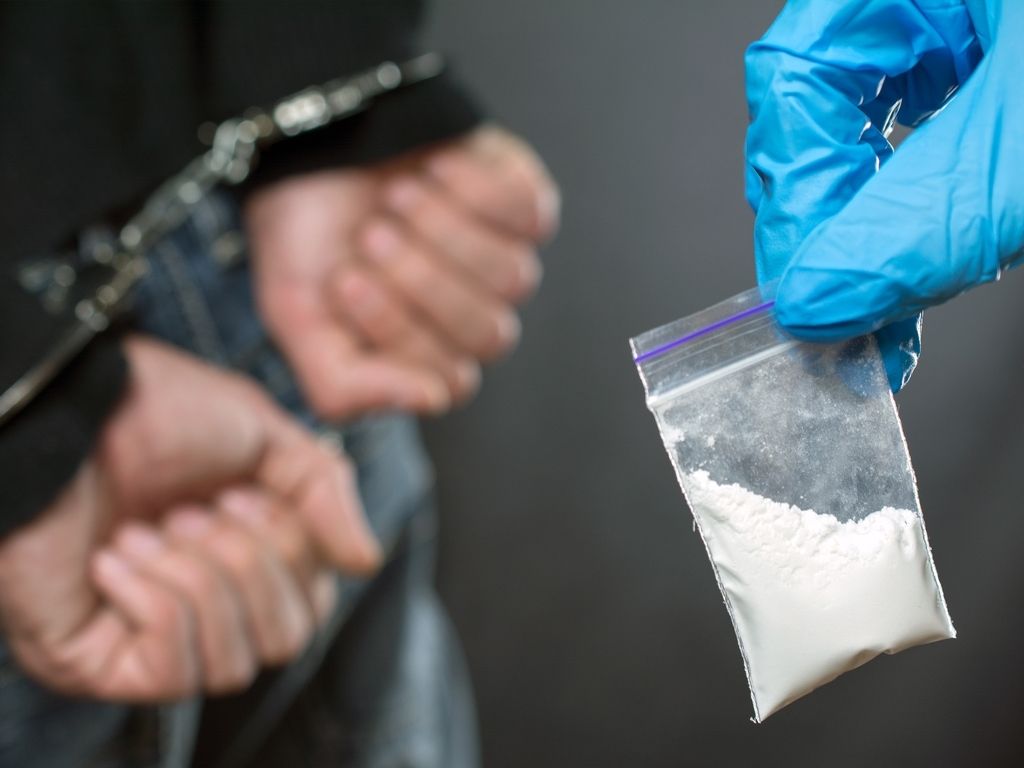How Important Is Your Dual Diagnosis to Your Drug Charges?

Some call it an overwhelming epidemic. In Pennsylvania, the government terms opioid overdoses as the worst public health crisis in years. Meanwhile, many people facing drug charges share something in common. A dual diagnosis of some mental illness strongly correlates to substance abuse.
In the meantime, not all possession and distribution charges concern painkillers such as morphine, methadone or oxycodone. Likewise, there’s more than heroin on the streets. Your drug charges could originate from a whole host of substances, including:
- Cocaine
- Marijuana
- Methamphetamine
- Anabolic steroids
- Ketamine
- Benzodiazepines
Notably, some of the listed drugs actually have medical use. In fact, you could start out with a legal prescription for pain killers or even anxiety medicine, such as Xanax or Valium.
Some individuals follow their physician’s advice and take medications as directed. In many cases, they avoid substance abuse and ultimately wean themselves off legal painkillers and other pills. Others turn to outside sources when medical providers refuse to continue prescriptions.
If you’re someone with a dual diagnosis, it often feels as though the deck is seemingly stacked against you. An arrest for drug charges might be your first indication that something else acts as a contributing factor.
What Exactly is a Dual Diagnosis?
It’s unfortunate. However, mental illness invokes negative attention. All things considered, patients run to the doctor for a common cold faster than they seek out treatment for substance abuse. Truth be told, a report correlating mental illness and substance abuse documented the dual diagnoses in 7.9 million individuals in one year.
As you might already know, anxiety, depression and other mental disorders contribute significantly as reasons people seek relief. For example, as far back as 1995, The Journal of Clinical Psychiatry reported on the relationship between substance abuse and bipolar disorder. Some other types of dual diagnoses associated with addiction include:
- Schizophrenia
- Anxiety and Depression Disorders
- Post-Traumatic Stress Disorder (PTSD)
If a medical provider advised you that you have a dual diagnosis, you might already understand why drugs became important to you. For example, you might feel an overwhelming need for calm or euphoria. Meanwhile, does any of this matter when you’re facing drug charges?
Drug Charges and Sentencing
If it’s your first drug charge, you may already be frightened of what will happen in court. You need to make certain that you have an experienced criminal defense attorney who advocates on your behalf. Of course, that’s also critical if you’ve been this route before.
Notably, the court system acknowledges that substance abuse often involves a dual diagnosis of another type. Like many other states, Pennsylvania created drug courts to help offenders break out of the cycle related to addiction and crime.
While mandatory drug testing becomes part of your sentence, so does treatment and recovery services. You could avoid incarceration and start anew. While addressing addiction issues, evaluations often reveal co-occurring mental health issues. Wouldn’t it be something if your drug charges led to treatment that helped with both?
Contact Us
At Mazzoni Valvano Szewczyk & Karam, we can help you understand the consequences of your drug charges and work on your behalf. If you are suffering from a dual diagnosis, we will use this to advocate for treatment and recovery. Give us a call to see how we can help!

